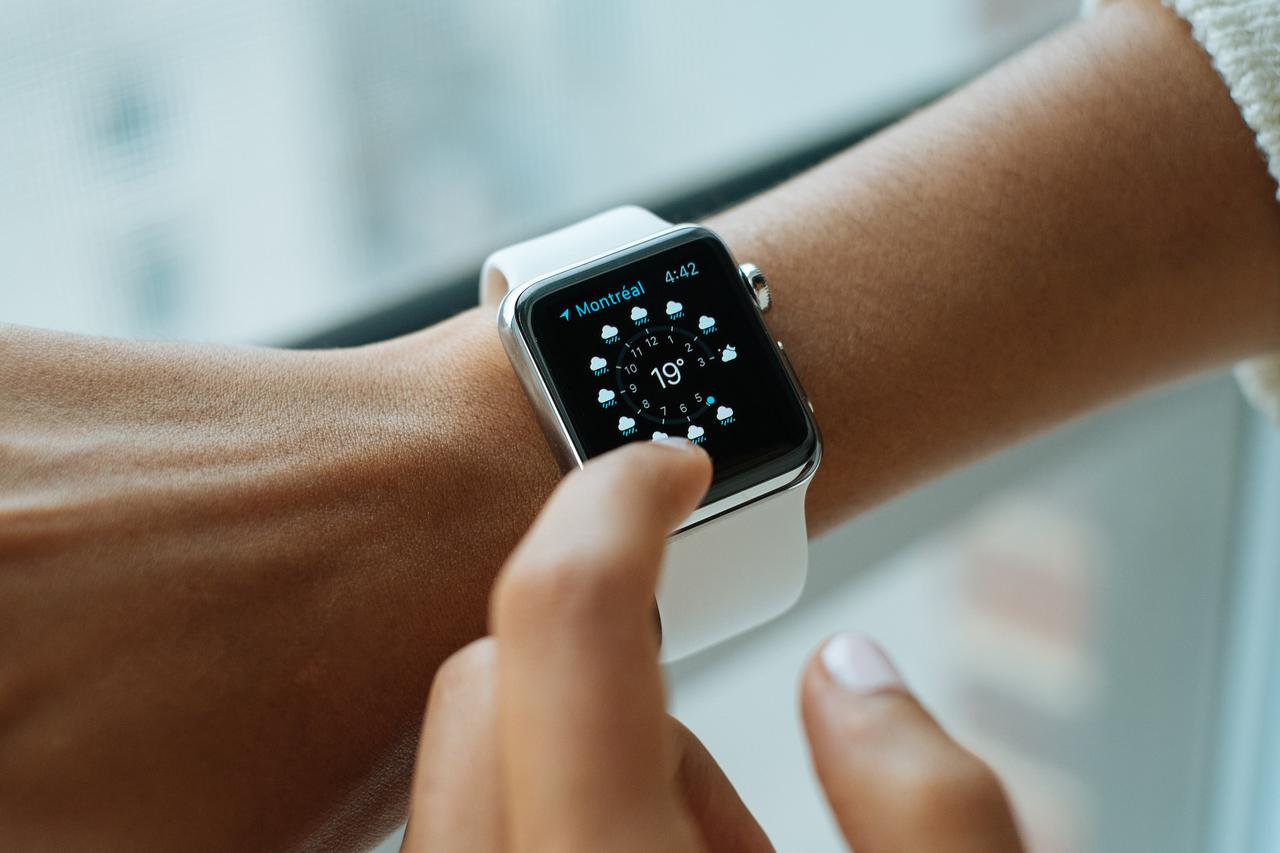The world of healthcare has been completely transformed with the advent of wearable technology. From tracking heart rate to monitoring sleep patterns, these technological marvels have revolutionized how we care for our bodies. In this blog post, we will delve into wearable technology, explaining what it is and how it has become an integral part of healthcare. We will also explore the numerous benefits it brings, ensuring a healthier and more proactive approach to personal well-being.
Wearable technology refers to electronic devices designed to be worn on the body. These devices typically incorporate advanced sensors, wireless connectivity, and data processing capabilities to collect, analyze, and transmit information. Unlike traditional devices separate from the body, wearable technology seamlessly integrates with everyday activities and can be worn as accessories, clothing, or implanted in the body itself.
In addition, wearable technology encompasses many devices, including smartwatches, fitness bands, smart clothing, and even implantable devices such as pacemakers. These devices are equipped with various sensors that enable them to monitor and track vital signs, physical activities, sleep patterns, and other health-related data. By collecting real-time data on individuals' health and well-being, wearable technology can revolutionize the healthcare industry and empower both patients and healthcare professionals in managing and improving their health outcomes.
Wearable technology has emerged as a game-changer in the healthcare industry, providing many benefits that improve patient care and outcomes. Firstly, wearable devices allow remote monitoring of patient's vital signs and health conditions. This enables healthcare professionals to collect real-time data and track patients' progress without the need for frequent hospital visits. By continuously monitoring data such as heart rate, blood pressure, and sleep patterns, wearable devices facilitate early detection of potential health issues, allowing for prompt intervention and better management of chronic conditions.
Secondly, wearable technology promotes patient engagement and empowerment by enabling individuals to actively participate in their healthcare journey. Wearable devices often come equipped with health tracking features, such as step counting and calorie tracking, encouraging users to adopt healthier lifestyles. These devices can be synchronized with mobile apps, giving patients access to their health data and personalized feedback. By offering insights and motivation, wearable technology empowers individuals to make informed decisions about their health and fosters a sense of ownership over their well-being.
Overall, the benefits of wearable technology in healthcare are far-reaching. From remote monitoring to promoting patient engagement, these devices help revolutionize healthcare by providing accurate data, early detection of health issues, and empowering individuals to take control of their health.
Wearable technology has become a game-changer for healthcare workers, empowering them with cutting-edge tools and invaluable insights. One of the primary ways healthcare workers utilize wearable technology is by monitoring patients remotely. With the help of wearable devices such as fitness trackers or smartwatches, healthcare professionals can easily keep track of their patient's vital signs, sleep patterns, and physical activity levels. This real-time data enables healthcare workers to detect any abnormalities or changes in a patient's health that may require immediate attention or intervention.
Furthermore, wearable technology is crucial in streamlining communication and collaboration in healthcare settings. Healthcare workers can use wearable devices equipped with communication capabilities to quickly connect with their colleagues, assisting them in making informed decisions in critical situations. For instance, during a medical emergency, doctors can use wearable devices to communicate with nurses or specialists, ensuring timely and coordinated care. This seamless integration of wearable technology into healthcare workflows enables healthcare workers to deliver efficient and effective care, ultimately enhancing the overall quality of healthcare services.
Over the past few years, the healthcare industry has started to see the benefits of wearable technology. From reducing hospital readmissions to improving clinical decision-making, wearables can potentially transform the healthcare system for the better. If you're interested in exploring how wearable tech can benefit your life, contact Doha Inc. today for more information!
